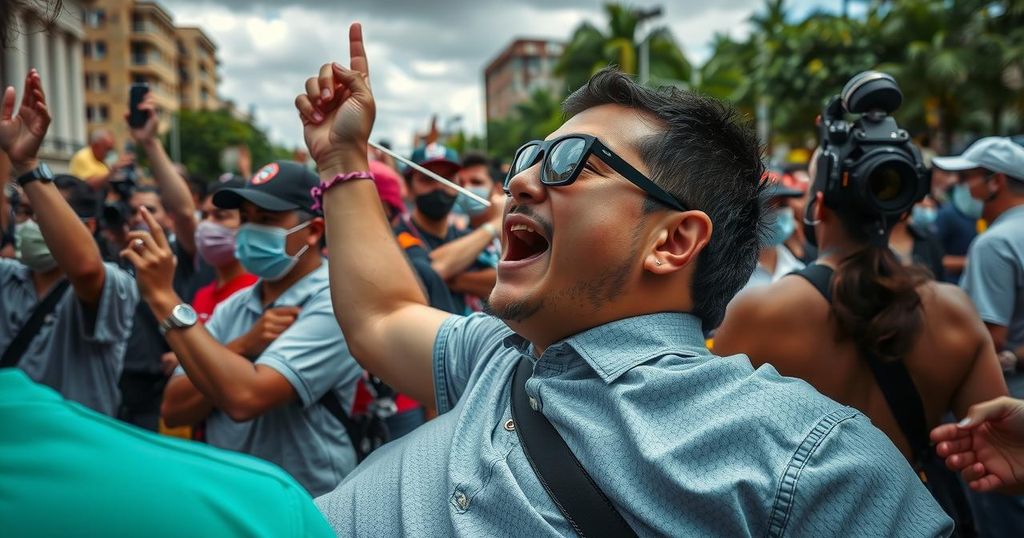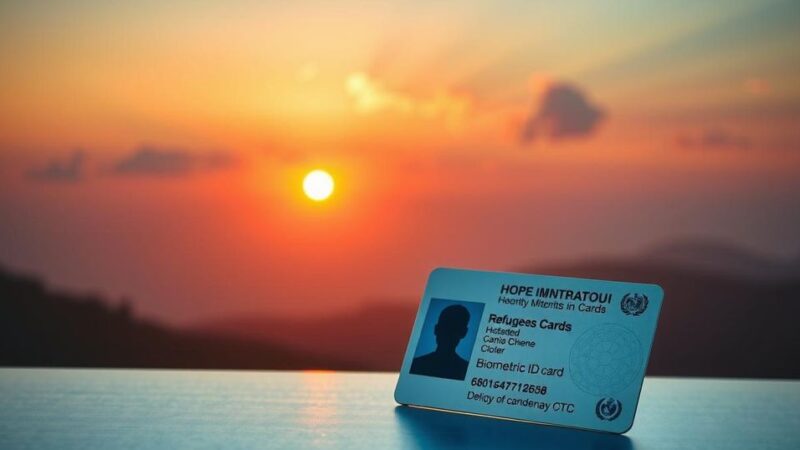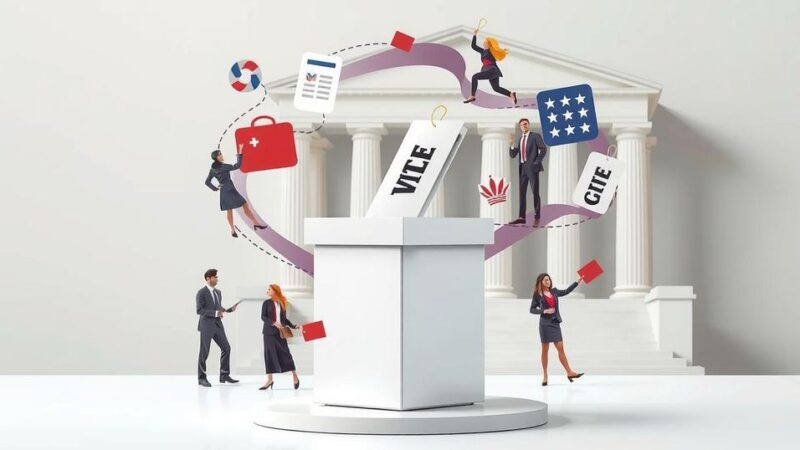Venezuela has released 177 imprisoned election protesters, raising the total to 910 amid ongoing concerns about human rights and remaining political prisoners. The unrest followed disputed elections declared won by President Nicolás Maduro, despite opposition claims for greater transparency. Over 2,000 protesters were jailed, with rights groups noting serious issues within the country’s penitentiary system.
Venezuela announced the release of another 177 individuals imprisoned for protesting against the country’s disputed elections, raising the total number of released protesters to 910. Since the controversial elections held on July 28, which resulted in President Nicolás Maduro declaring himself the winner despite opposition claims and lack of verifiable data, approximately 2,000 demonstrators were arrested. Rights groups remain skeptical about the total number of releases and report instances of deaths among those held in custody.
Human rights organizations have indicated that there are still significant concerns regarding the treatment of political prisoners, with at least three protestors reportedly dying while incarcerated since the unrest began. The aftermath of the election saw large-scale protests demanding transparency, resulting in over 28 fatalities and numerous injuries among demonstrators during confrontations with security forces. By early December, the Venezuelan rights group Foro Penal listed 1,877 political prisoners still in custody.
The government stated that these recent releases were part of a review initiated under Maduro’s directive aimed at addressing cases stemming from election-related violence. Earlier in December, the Venezuelan attorney general communicated that precautionary measures had allowed for significant prisoner releases, with expectations of similar actions following legal compliance. Notably, the International Criminal Court (ICC) has been observing the situation closely, amidst previous allegations of violence during Maduro’s elections in 2017.
These developments occur on the eve of Maduro’s anticipated inauguration for a new term on January 10, which coincides with the incoming Biden administration in the United States. As negotiations around sanctions continue, speculation abounds about the implications of these releases for diplomatic relations with the U.S. government, particularly with ongoing detentions of American citizens in Venezuela.
Venezuela has been in a state of political and social unrest, particularly following disputed elections and the subsequent crackdown on opposition and protests. President Nicolás Maduro has faced widespread accusations of electoral fraud, resulting in significant outrage and protests from the opposition. Human rights organizations have documented a troubling number of political arrests and incidents of violence involving security forces. These events have drawn international scrutiny, with calls for transparency and accountability within the Venezuelan government.
In conclusion, Venezuela’s release of 177 imprisoned election protesters is part of a broader pattern of recent prisoner releases amid significant international scrutiny and domestic unrest following contentious elections. The situation remains complex, with many political prisoners still unaccounted for, raising ongoing concerns regarding human rights in the country as well as the implications of these actions for international relations with the forthcoming U.S. administration.
Original Source: www.aljazeera.com







